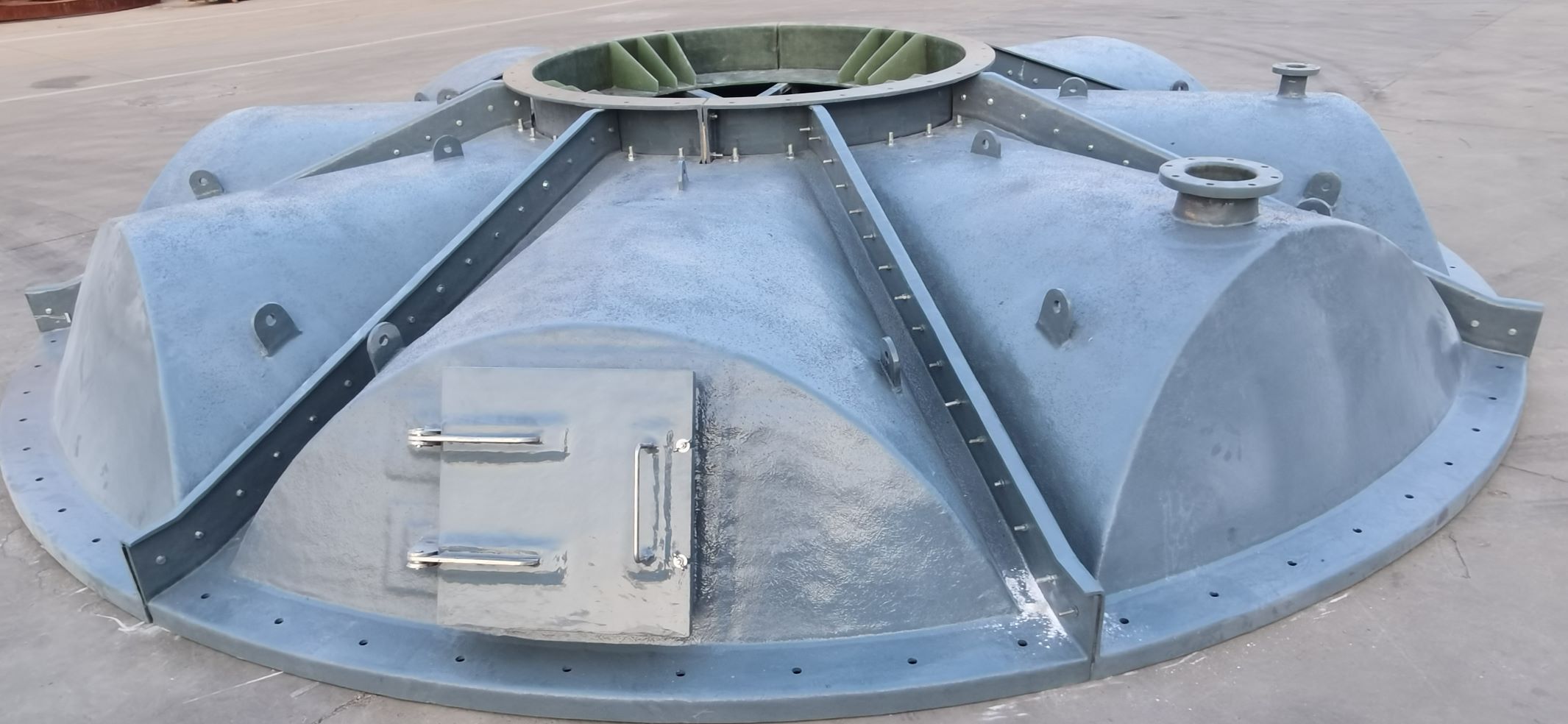Optimizing Fertilizer Storage Solutions with Fiberglass Tank Technology for Enhanced Crop Growth
Fiberglass Fertilizer Tanks A Modern Solution for Agriculture
In today’s agricultural landscape, efficient fertilization is paramount for ensuring optimal crop yields and sustainable farming practices. Among the various tools and technologies available, fiberglass fertilizer tanks have emerged as a modern solution, offering numerous benefits that traditional materials simply cannot match. These tanks are designed to store various types of fertilizers safely, helping farmers manage their resources more effectively.
Firstly, one of the most significant advantages of fiberglass fertilizer tanks is their durability. Unlike metal tanks that can corrode over time, fiberglass is highly resistant to both chemical reactions and environmental factors such as rust and UV degradation. This longevity ensures that farmers do not have to frequently replace their storage units, ultimately saving them money in the long run. Moreover, fiberglass can withstand extreme temperatures without losing its integrity, making it suitable for diverse climates.
Another essential benefit of fiberglass fertilizer tanks is their lightweight nature. This feature makes them easier to transport and install, allowing farmers to relocate their tanks as needed without the cumbersome process associated with heavier materials. Additionally, the flexibility in design means that these tanks can be customized to meet specific farm requirements. They come in various sizes and shapes, which can accommodate different types of fertilizers—whether liquid or solid—enhancing their functionality.
Safety is also a critical consideration when it comes to storing fertilizers. Fiberglass tanks are designed to prevent leaks and spills, reducing the risks associated with fertilizer runoff, which can harm the environment and contaminate local water supplies. Many fiberglass tanks also incorporate advanced safety features, such as double-wall construction and secondary containment systems, providing an added layer of security for farmers concerned about potential mishaps.
fiberglass fertilizer tanks

Moreover, fiberglass tanks require minimal maintenance compared to their metal counterparts. The non-porous surface of fiberglass prevents the buildup of residues, which can often lead to clogs or contamination. Periodic inspections and routine cleaning are usually sufficient to keep these tanks in optimal condition, allowing farmers to focus more on their crops rather than worrying about the maintenance of their storage equipment.
Cost-effectiveness is another critical factor in the popularity of fiberglass fertilizer tanks. While the initial investment might be higher than that of traditional storage solutions, the long-term savings associated with durability, low maintenance, and reduced replacement rates make them a wise investment. This financial advantage is especially appealing to farmers operating on tight budgets, as every dollar saved can be reinvested into their operations.
Lastly, fiberglass fertilizer tanks contribute to a more environmentally friendly approach to agriculture. By reducing the risk of leaks, spills, and contamination, they help promote sustainable farming practices. As more consumers demand environmentally conscious farming methods, utilizing advanced equipment such as fiberglass tanks can enhance a farm's reputation and marketability.
In conclusion, fiberglass fertilizer tanks represent a significant advancement in agricultural technology. With their durability, safety features, low maintenance requirements, and cost-effectiveness, they offer a reliable storage solution for fertilizers. As farmers continue to seek ways to improve efficiency and sustainability in their practices, the adoption of fiberglass tanks is likely to become increasingly prevalent in the industry. Investing in these modern tanks not only benefits individual farms but also contributes to a more sustainable agricultural future.
Latest news
-
Oblate Tanks: Space-Saving, Durable Liquid Storage SolutionsNewsAug.27,2025
-
High-Performance Piping System Solutions for Industry & Commercial UseNewsAug.26,2025
-
Precision Fittings: Durable & Reliable Industrial & Plumbing SolutionsNewsAug.25,2025
-
Practical Steps: Unlock Success with Our Proven GuidesNewsAug.24,2025
-
Transport Tanks: Safe, Durable & Efficient Liquid HaulingNewsAug.23,2025
-
High-Quality Piping Systems for Efficient Flow & DurabilityNewsAug.22,2025











